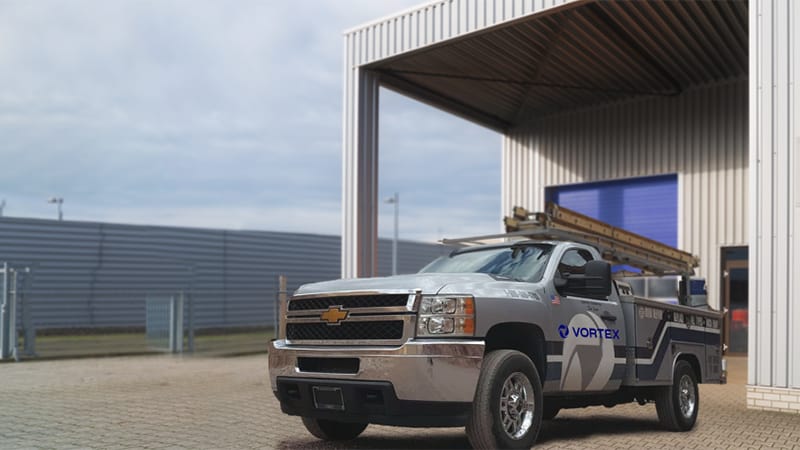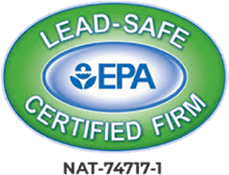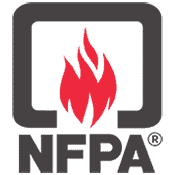What are Cold Storage Facilities Used For?
 Cold storage facilities preserve perishable goods. They’re an important part of the cold storage logistics chain, which allows temperature sensitive items to be transported safely from their point of origin to their final destination.
Cold storage facilities preserve perishable goods. They’re an important part of the cold storage logistics chain, which allows temperature sensitive items to be transported safely from their point of origin to their final destination.
Surprisingly, cold storage facilities have been used for hundreds of years. Ice would be cut from lakes and snowpacks and stored in underground cellars, creating a giant icebox that kept food fresh longer. Modern cold storage facilities regulate temperature by pumping condensed refrigerant through evaporator coils, where it expands and absorbs heat from the enclosed space, similar to your home air conditioner.
While operating a cold storage facility can be expensive, they save money in the long run by preventing wastage. What’s more, sophisticated environmental controls allow you to tightly regulate temperature and humidity in order to create the perfect environment for any product.
Types of Cold Storage Facilities
Though there are several types of cold storage facilities, they each fall into one of two categories: refrigerated cold storage and frozen cold storage. Products in danger of spoiling, but whose integrity would be damaged by excessive low temperatures (e.g. fruits and vegetables), are refrigerated. Products that cannot be stored safely near or at room temperature (e.g. meat and fish) are frozen.
However, within these categories, there’s a lot of variation. Depending on their needs, businesses may require:
- Private Cold Storage. A cold storage facility owned by the company making or selling the product. Finished products are stored here to be aged (like wine) or until they’re ready to be shipped to the end-user.
- Public Cold Storage. Owned by third parties, who store perishable items on behalf of other companies until they can be delivered to the final customer.
- Refrigerated Containers. Used to transport perishable goods from one location to another or as temporary cold storage at special events.
- Blast Freezers. Used to rapidly cool products before they’re placed in storage. Rapid cooling preserves flavor, texture, and consistency while simultaneously extending shelf life and eliminating bacteria.
- Ultra-Low Storage. While most cold storage facilities are between -30°F and 70°F, ultra-low storage can reach temperatures as low as -122°F. They’re used mostly to store biological specimens or delicate chemical compounds.
Items Requiring Cold Storage
While food obviously needs to be kept at low temperatures, there are a large number of products that require cold storage as well, such as:
- Artwork. Paints and dyes are organic compounds. In extreme temperatures, they can crack, fade, peel, or even develop mold. Stable temperatures of 70-75°F allow them to retain their integrity.
- Plants. Cool temperatures slow water loss, which keeps flowers fresh longer. They need to be kept at low temperatures but not freezing temperatures. 33-40°F works best.
- Candles. Candles do not react well to heat. When stored at high temperatures, they can lose their shape and color. Keep them below 80°F.
- Film. Some chemicals degrade when stored at room temperature, including film chemicals. Refrigeration slows its degradation, while freezing stops it completely.
- Cosmetics. Though most makeup can withstand temperatures over 100°F, storing it below room temperature helps preserve its properties. Some women even keep their makeup in the fridge!
- Seeds. Seeds stored in warm, wet conditions can sprout. In the worst case scenario, they rot. However, seeds stored at 32-40°F can last for years.
- Pharmaceuticals. All drugs are sensitive to temperature and quickly become ineffective when stored in warm environments. Most require temperatures between 68-77°F, but some require even colder conditions in order to remain stable.
Installing Insulated Doors in Your Cold Storage Facility
Insulated doors prevent energy loss, allowing you to maintain a consistent temperature at the lowest possible cost. Vortex installs and repairs insulated doors for a wide range of institutions, helping protect their goods from harmful temperatures. What’s more, we ensure they’re fully sealed in order to prevent moisture from seeping in and disrupting your carefully controlled environment. Contact us today for a free quote!










